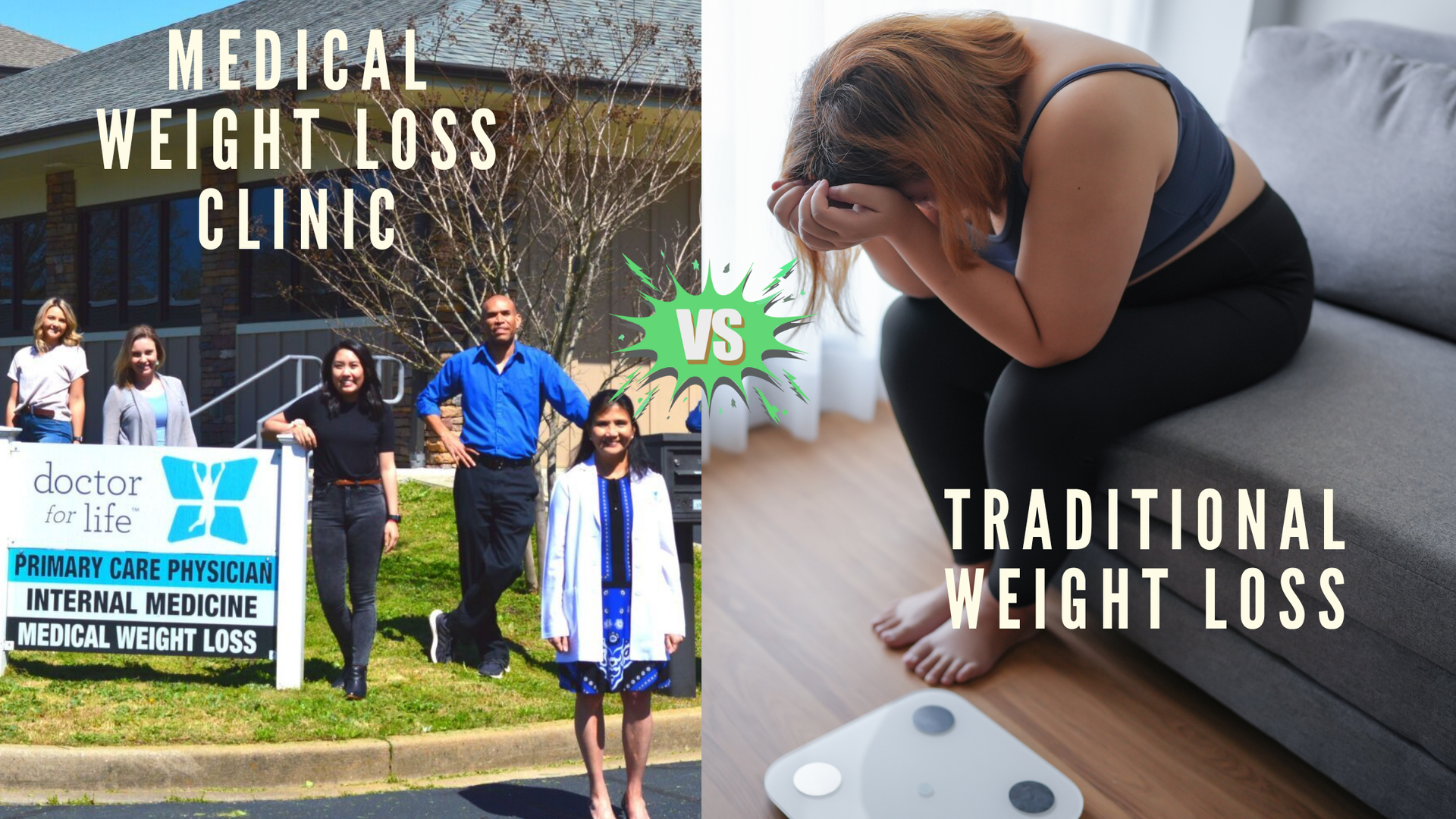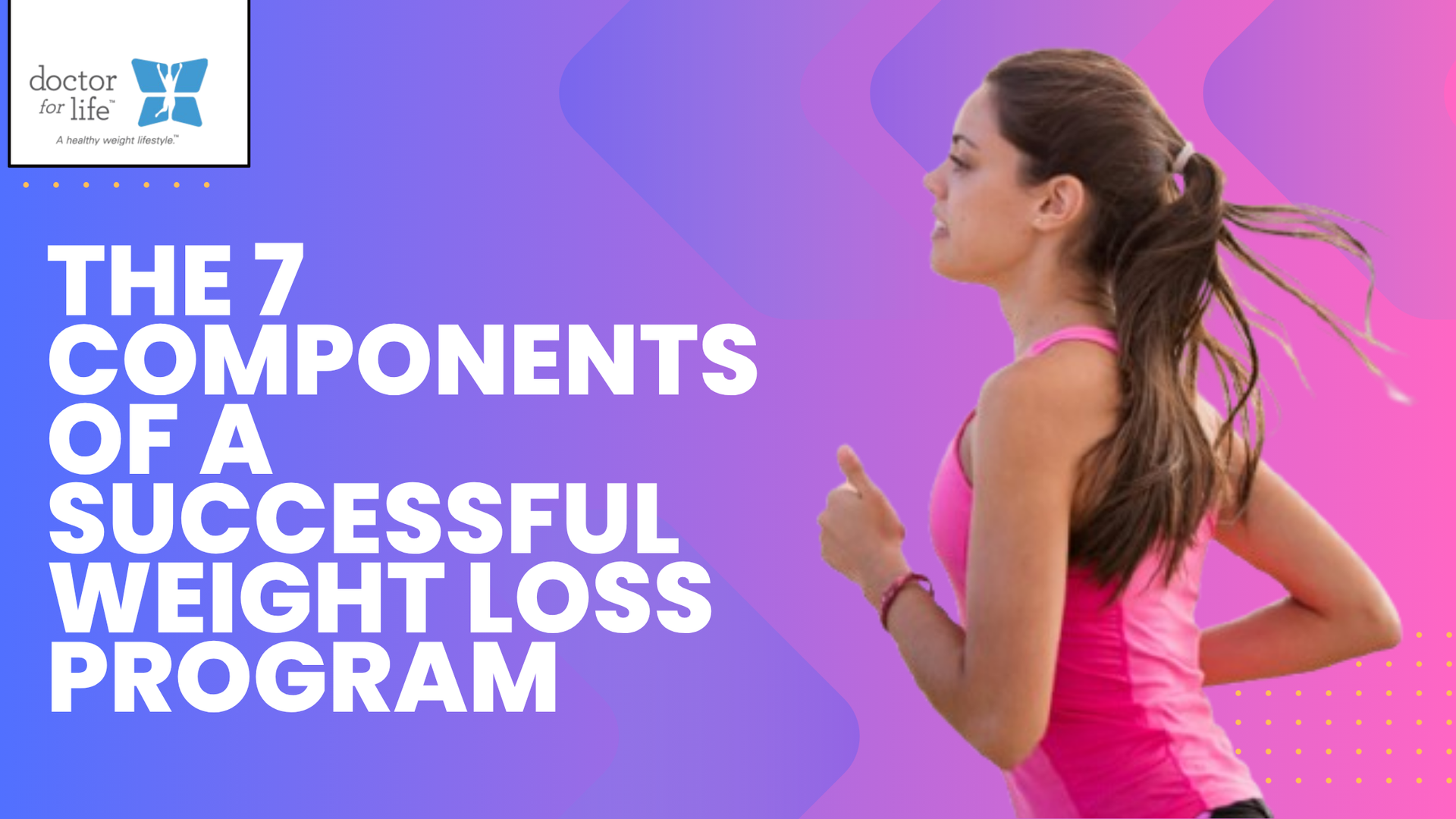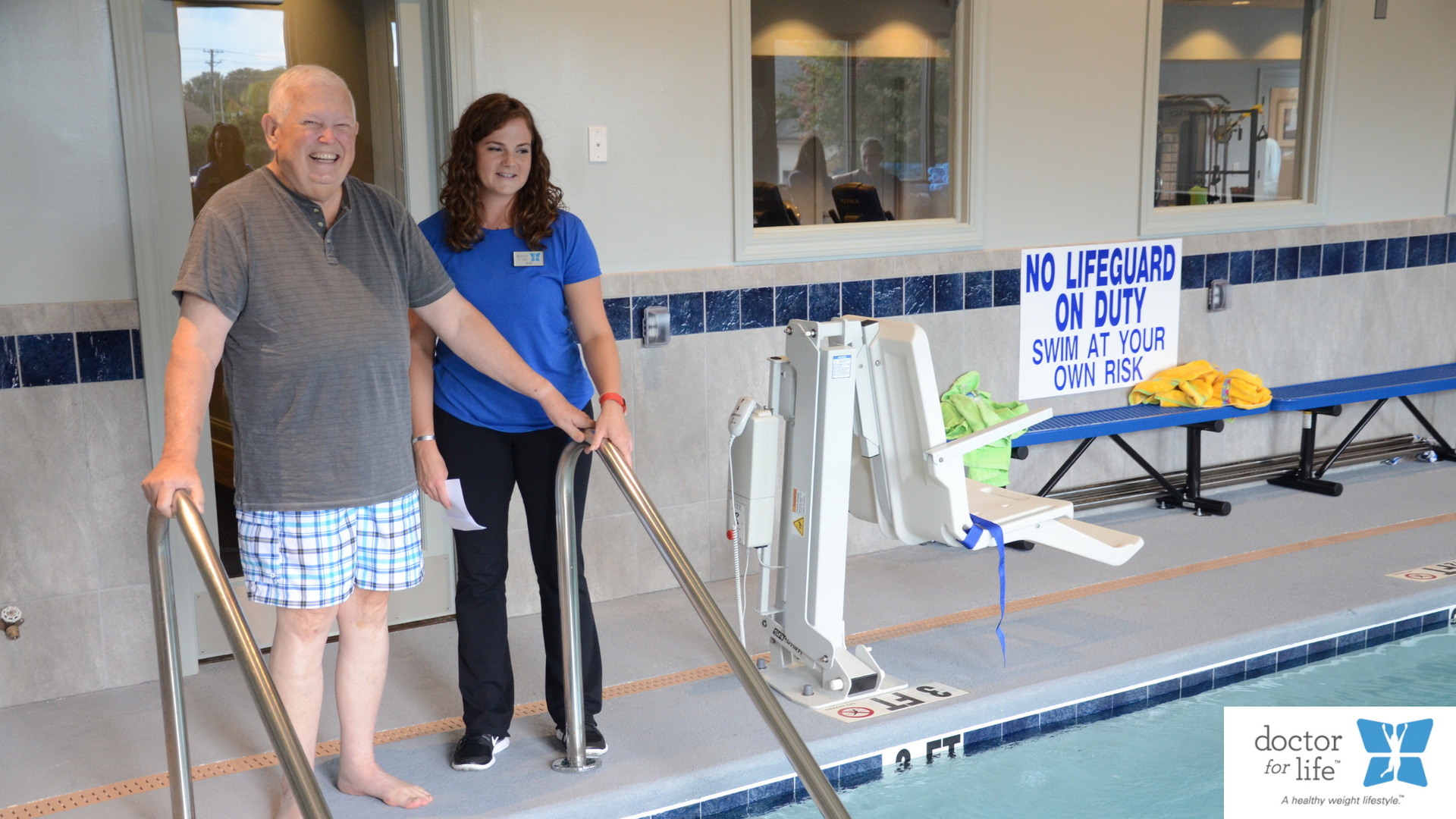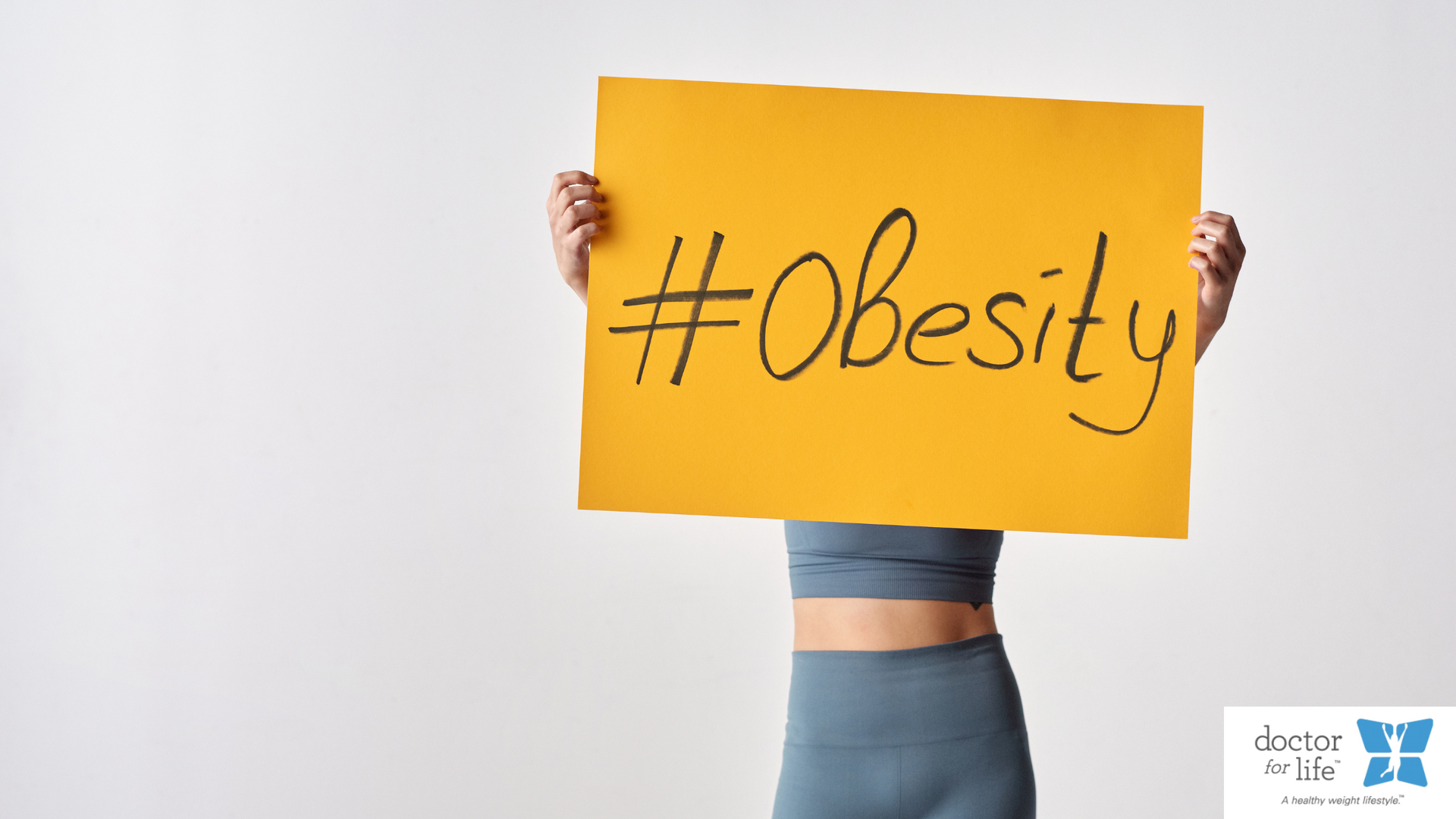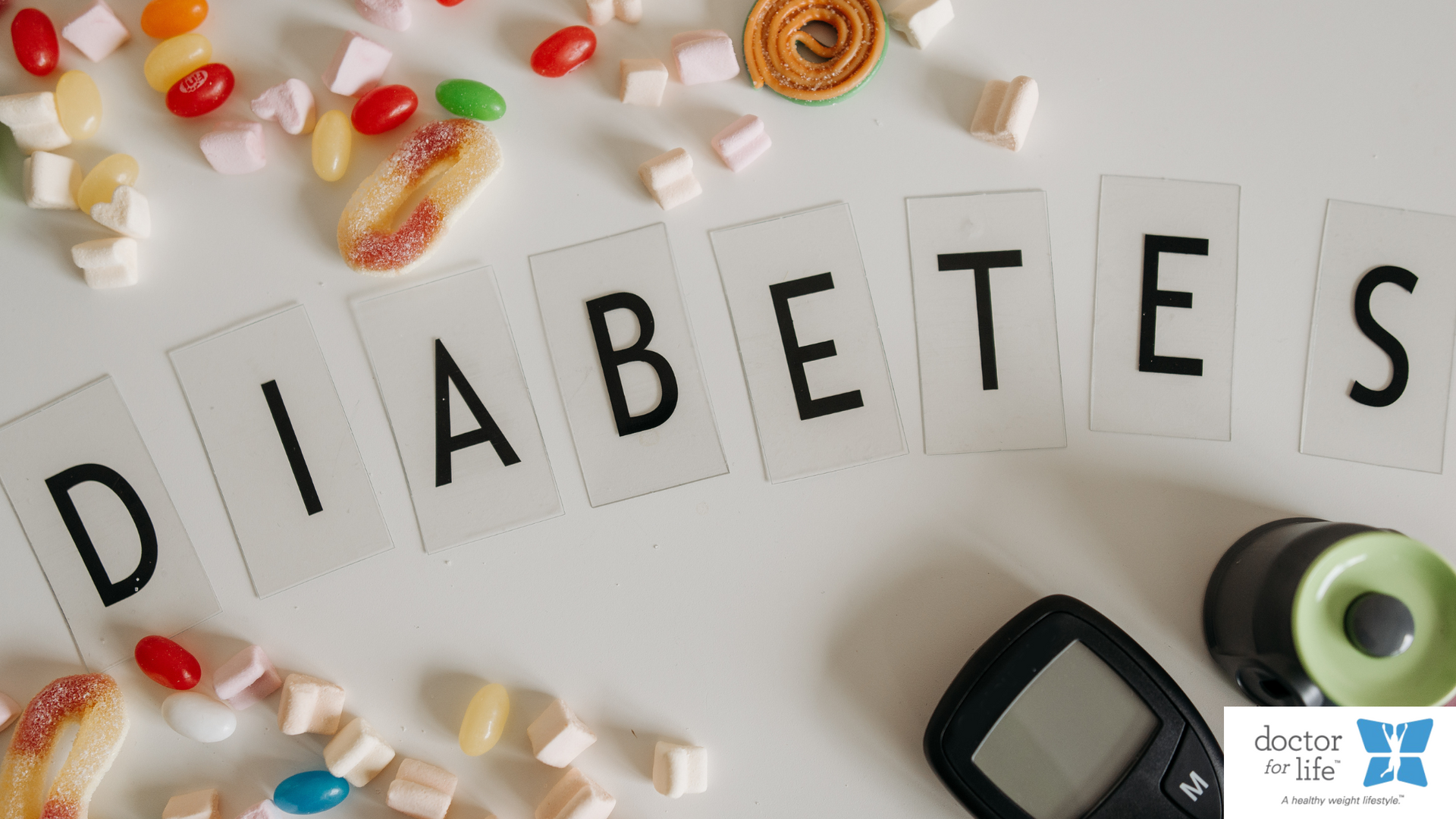Exercise Vs Diet: Which Matters Most for Effective Weight Management?
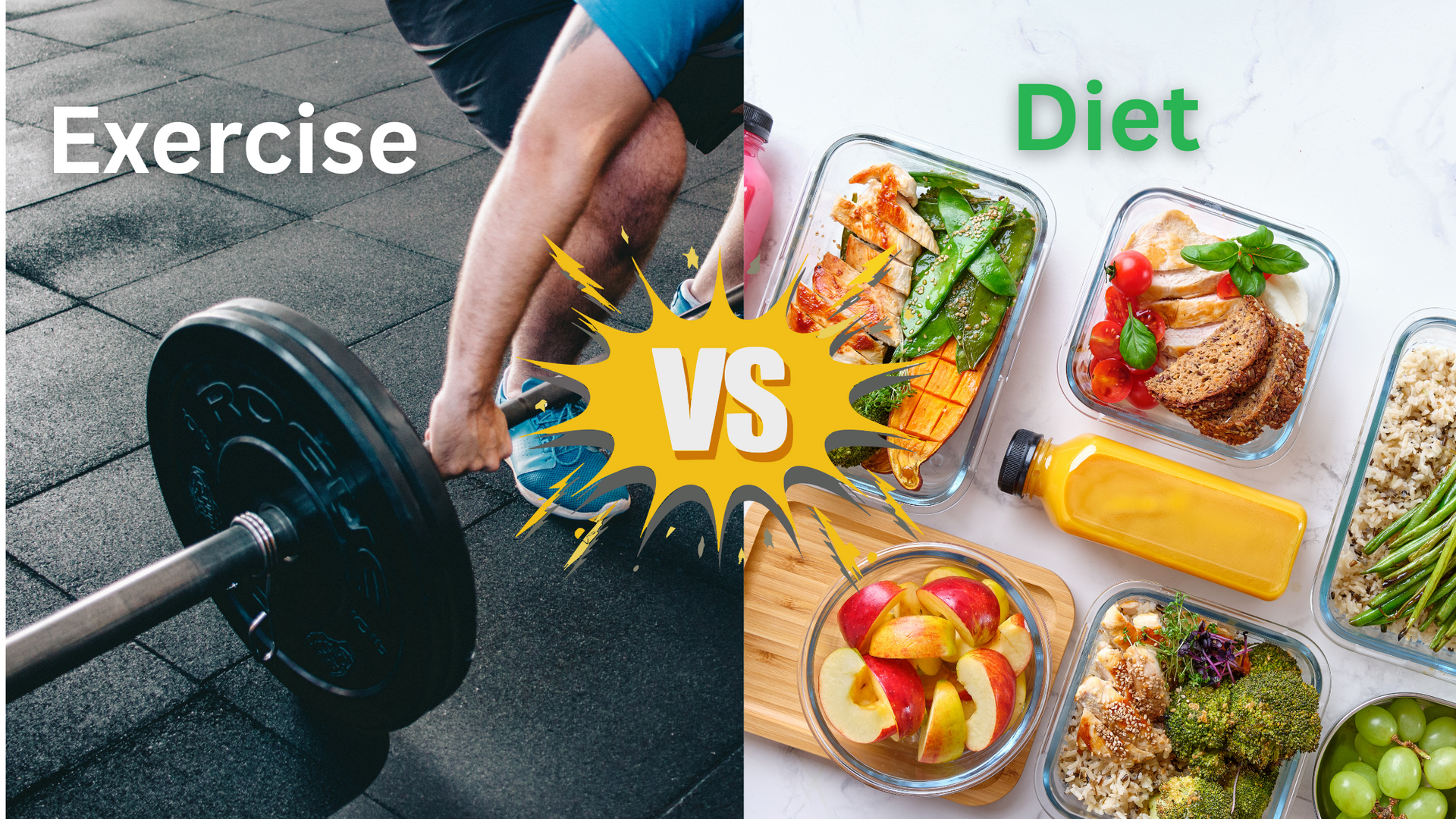
Most people trying to lose weight often ask whether dieting or exercising is the key to effective weight management. The answer is mostly complicated. Exercise and Diet both are crucial when it comes to maintaining a healthy, optimum weight. If you think you can eat whatever you want because you exercise or often say that because you eat healthy, you don’t need to exercise, then you are wrong in both the cases. The right combination of a healthy diet and a workout routine can help you reach your weight loss goals.
In this blog, we will discuss the benefits of diet and exercise and how they can together promote an effective and sustainable weight loss.
How Diet Affects Weight Management?
Diet is a fundamental factor in weight management. Here’s how:
1. Calorie Deficit: Weight management is all about how you manage your calorie intake. If you take in more calories than you burn, you gain weight; if you consume fewer calories than you burn, you lose weight. Practically, the science is simple.
2. Quality of Nutrients: The food you eat says a lot about how your weight scale is going to look like. For example, if the minimum calories that you should intake is 600, it doesn't mean you eat a burger and complete the calorie intake. The quality of food also plays a crucial role. A diet rich in fiber, lean proteins, healthy fats, and antioxidants not only supports weight loss but nourishes your body with proper nutrients.
3. Processed Foods are a No-No: Highly processed foods carrying high amounts of sugar, preservatives, additives, and unhealthy fats are the prime cause of weight gain and associated health problems. Avoid eating processed foods to maintain a healthy diet.
4. Portion Control is Necessary: Excess of anything can be fatal. Even healthy foods can cause weight gain if consumed more than you tend to. Practice portion control by taking smaller plates for servings, eating slowly, and savoring flavors to avoid overeating.
How Exercise Affects Weight Management?
Knowing what type of exercises are appropriate for your body type helps in shedding that stubborn weight. Here’s how exercise can help:
1. Burn as many Calories: Exercise helps create a calorie deficit. If you burn more calories than what you ate, you will lose weight easily.
2. Strength Training helps: build and preserve muscle mass, which is important because muscle tissue burns more calories than fat tissue. This means the more muscle you have, the more efficiently your body burns calories.
3: It regulates Appetite: Having a balance between diet and exercise helps curb cravings. Even the slightest of physical activity can help balance hunger hormones and suppress appetite for hours.
4. Mental Health Benefits: Establishing a regular workout routine also helps keep you mentally sane. Whether it’s yoga, running, or strength training, any sort of physical activity can help you gain a breath of fresh air, reduce anxiety and stress, and help manage emotional eating, which can influence weight management.
Diet Vs Exercise: What Matters the Most?
Diet and exercise both play a crucial role in losing and maintaining weight but their roles are quite different. Let’s take a closer look:
| Factor | Diet | Exercise |
|---|---|---|
| Primary Role | Creates a calorie deficit by reducing intake | Burns calories and boosts metabolism |
| Satiety and Hunger Control | Control appetite through nutrient-dense foods | Regulate hunger hormones and suppress appetite |
| Speed of Impact | Faster results in weight loss | Slower for weight loss but essential for maintenance |
| Impact on Metabolism | Can slow metabolism | Increase metabolism and calorie burn |
| Effect on Muscle Mass | Muscle loss can occur, if not balanced | Builds and maintain muscle mass |
| Long-term Weight Management | Essential for maintaining a healthy intake | Crucial for preventing weight regain |
| Additional Benefits | Improves overall health, immunity, and digestion | Enhance mental health, fitness, and energy levels |
How to Balance Diet and Exercise in a Busy Routine?
In a busy lifestyle, people often find it hard to follow a strict diet or spare half an hour for any physical activity. However, a few practical tips can help to manage weight effectively. For example:
Diet Tips:
- Avoid fast food as much as you can and maintain a diet planner for the whole week.
- Always keep a box of healthy snacks like nuts, seeds, and fruits in your bag.
- Stay hydrated.
- Add nutrient-dense foods like leafy greens, eggs, fish, and legumes in your diet to stay satiated for hours.
Exercise Tips:
- Opt for high-intensity training if you are short on time.
- Take active breaks at work.
- Find at least 10 minutes after dinner to take a brisk walk.
- Combine cardio and strength training for maximum benefits.
Final Takeaway
In the journey of weight loss, diet and exercise runs together. It’s not a debate about what is the best but an understanding of how both complement each other to reach your weight management goals. While a healthy diet is paramount to lose weight, a regular exercise routine helps maintain the weight and overall health of an individual. Don’t rely on any one approach to weight loss and start by making gradual changes in your lifestyle to stay healthy.
While both diet and exercise are key to weight loss, achieving long-term success often requires a personalized and medically guided approach. At
Doctor for Life, we specialize in medical weight loss solutions that are tailored to your unique needs—combining nutrition, physical activity, and professional support to help you reach and maintain your goals safely.

